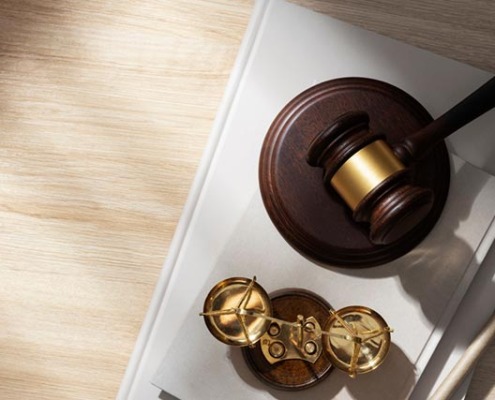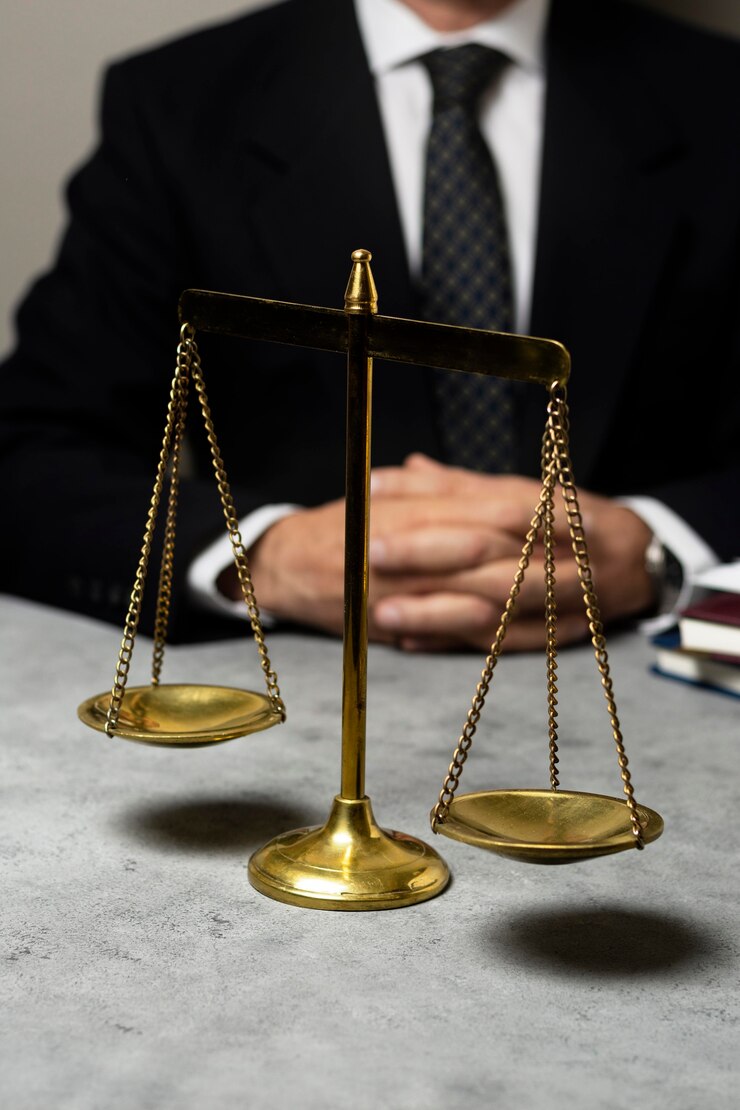What Questions Are Asked At a Probate Hearing? Insights from an Attorney

With insights from a seasoned probate attorney, we delve into the intricacies of probate hearings, offering guidance and clarity. From identifying beneficiaries to understanding the distribution of assets, our comprehensive overview will equip you with the knowledge needed to navigate these proceedings with confidence.
Article Summary:
- Introduction to Probate Hearings: Understanding the Basics
- Key Questions Asked During a Probate Hearing
- The Role of a Probate Attorney in Estate Planning
- Trusted Wauwatosa Probate Attorney
1. Introduction to Probate Hearings: Understanding the Basics
A probate hearing is a legal process that plays a pivotal role in the administration of a deceased person’s estate. It serves to validate the will, if one exists, and oversee the fair distribution of the decedent’s assets according to their wishes or state law. This court-supervised proceeding ensures that creditors are paid, and beneficiaries receive their rightful inheritance, all under the watchful eye of a judge.
For many, the term probate conjures images of complex legal labyrinths and endless paperwork. However, with a basic understanding of what happens during these hearings and the right probate lawyer, the process can be navigated more smoothly.
2. Key Questions Asked During a Probate Hearing
During a probate hearing, the judge will ask a series of critical questions to determine the validity of the will and ensure that all necessary parties are accounted for. Below are examples of some essential questions asked during these proceedings and the reasoning behind it.
Is there a valid will?
One of the primary inquiries revolves around the identification of beneficiaries under the will, or in its absence, according to state laws of intestacy. This establishes who has a rightful claim to the estate. The existence of a will is crucial, as it dictates the decedent’s wishes regarding the distribution of their assets.
Consequently, a common question is whether a valid will has been presented to the court. This involves verifying that the will meets legal requirements, such as being properly witnessed.
Who has been named as personal representative in the will, if it exists?
The court needs to confirm who will be responsible for overseeing the estate’s administration. If a will is present, it likely names a personal representative or administrator. Without a will, the court may appoint an administrator. This individual plays a critical role in managing the estate, including paying debts and taxes and distributing assets to beneficiaries.
Additional questions can include “Is there a need for an administrator to be appointed by the court?” and “Has any potential conflict of interest been disclosed by the personal representative or administrator?”
What is the estimated value of the estate’s assets?
Understanding the estate’s financial landscape is essential. Questions will be asked about the estate’s debts, including any outstanding taxes, and the nature and value of its assets. This comprehensive inventory aids in determining how debts will be settled and what remains for distribution to heirs.
Additional questions could include “Are there any outstanding debts, taxes, or expenses that need to be accounted for?” and “Has an inventory of the estate’s assets been provided?”
What is the proposed plan for distributing the estate’s assets?
The ultimate goal of a probate hearing is to ensure that the estate’s assets are distributed fairly among the beneficiaries. The court will inquire about the proposed plan for asset distribution, ensuring it aligns with the will’s directives or, in the absence of a will, state law.
Are there any known disputes among the beneficiaries or creditors regarding the estate?
If there are claims against the estate or disputes among potential heirs, these issues must be addressed. The court will ask about any known disputes and how they might be resolved, either through negotiation or court intervention.
Follow up questions could be: “How do you propose resolving these disputes?” and “Have all interested parties been notified of potential disputes and given a chance to address them?”
3. The Role of a Probate Attorney in Estate Planning

Beyond the realm of planning, working with a probate lawyer has many benefits. Your attorney will be an indispensable advocate during the probate process itself, representing the estate in court, providing advice on the settlement of debts and taxes, and facilitating the distribution of assets to beneficiaries.
Their expertise not only helps in navigating the legal intricacies but also in mitigating potential disputes among heirs, thereby safeguarding the decedent’s legacy. In essence, a probate attorney plays a pivotal role in bridging the gap between the intentions laid out in estate documents and their actual realization, ensuring a smooth transition of assets from one generation to the next.
4. Trusted Wauwatosa Probate Attorney
If you are facing the probate process in the Milwaukee area, trust a knowledgeable and experienced Milwaukee probate attorney to guide you. At Fricker Law Office in Wauwatosa, our team of skilled attorneys understands the complex nature of probate hearings and can provide compassionate support while protecting your best interests. Contact Fricker Law today to schedule a free consultation.
By Attorney Robert Fricker, Owner of Fricker Law
Specializing in probate law, Attorney Robert Fricker offers a range of services from wills and trusts to real estate matters and elder law. He brings decades of experience to the table, ensuring that each client receives reliable advice and quick resolution to their case. Fricker Law Office is a family legal practice that has been providing services to clients in Milwaukee and Waukesha counties for over 65 years. If you are looking for the best probate attorney in Wisconsin, call Attorney Fricker today.






